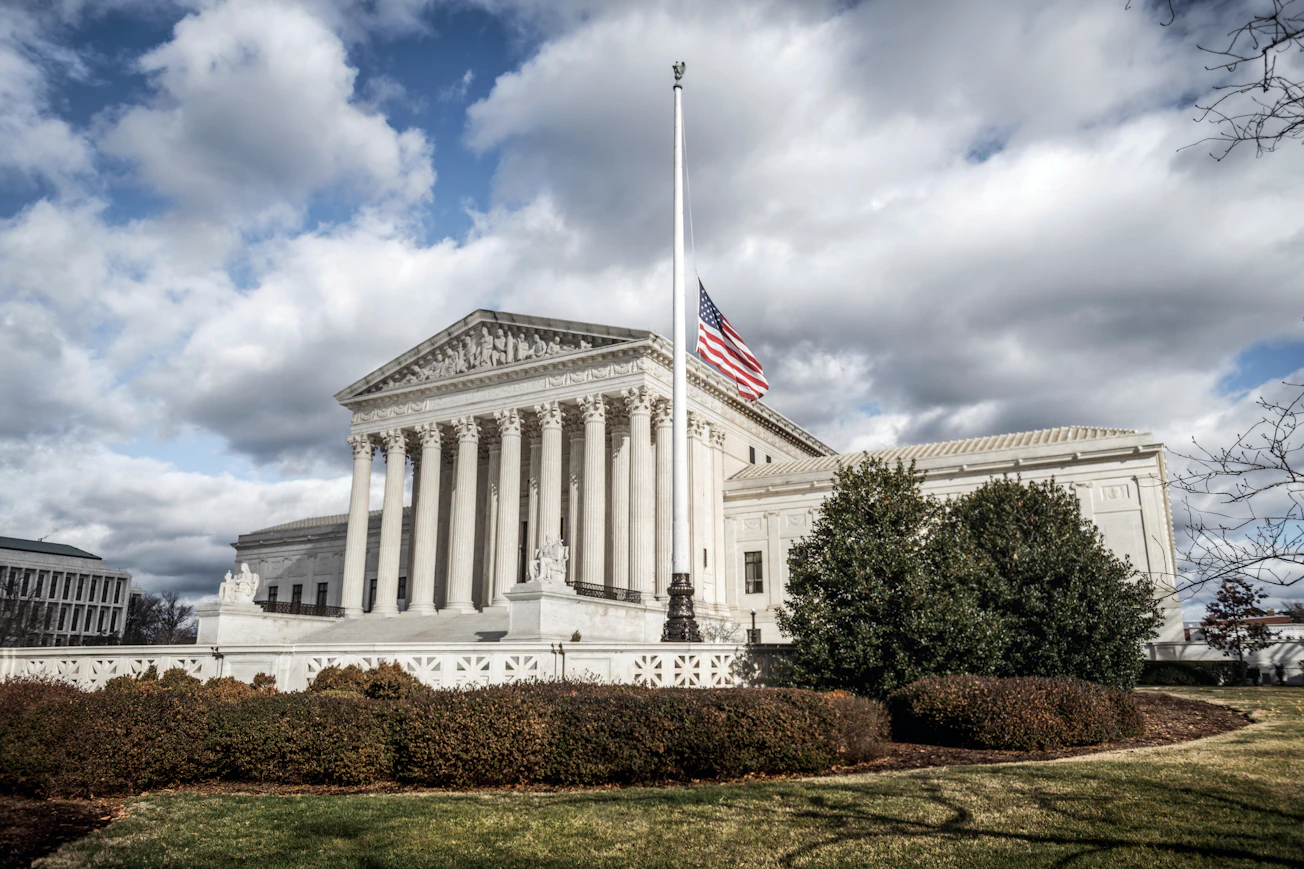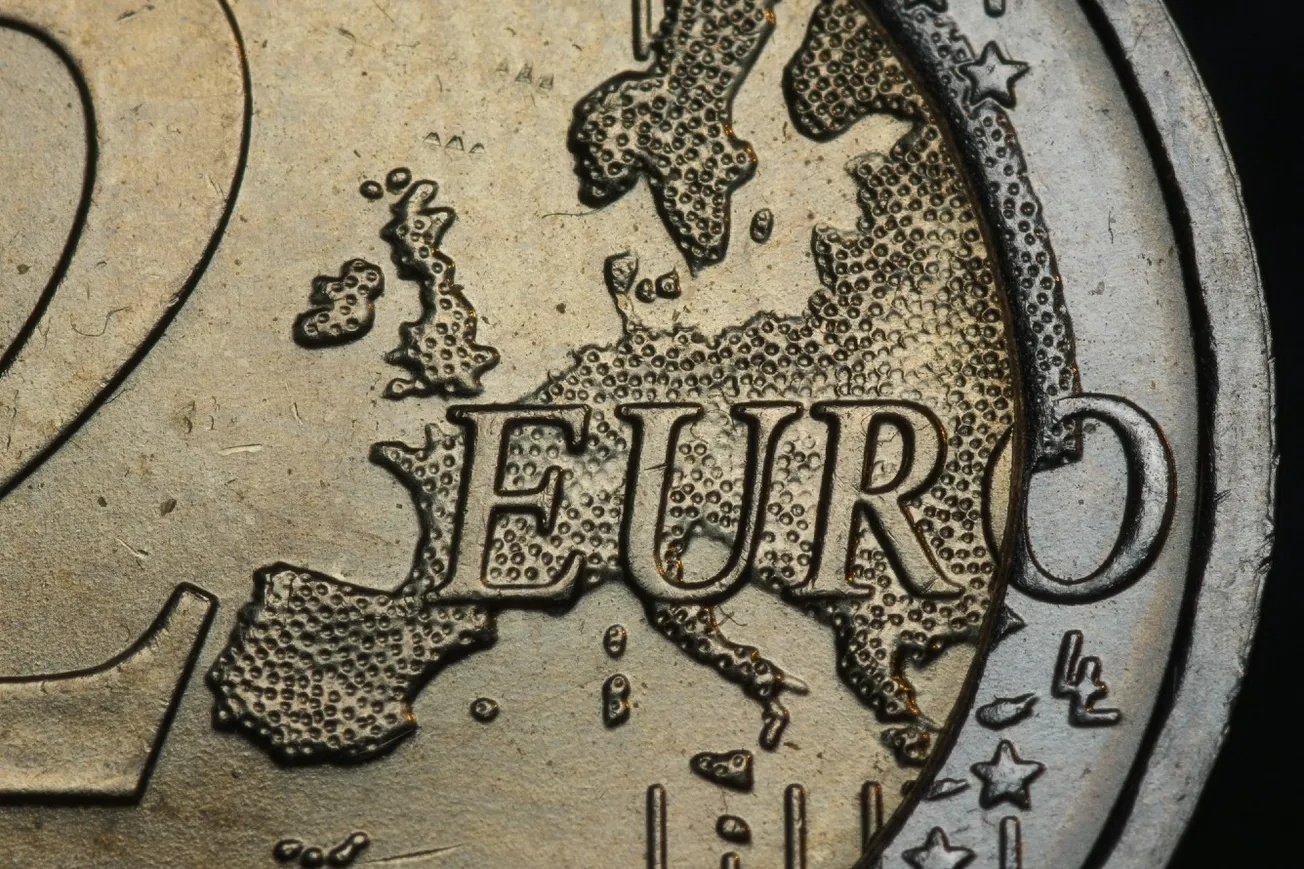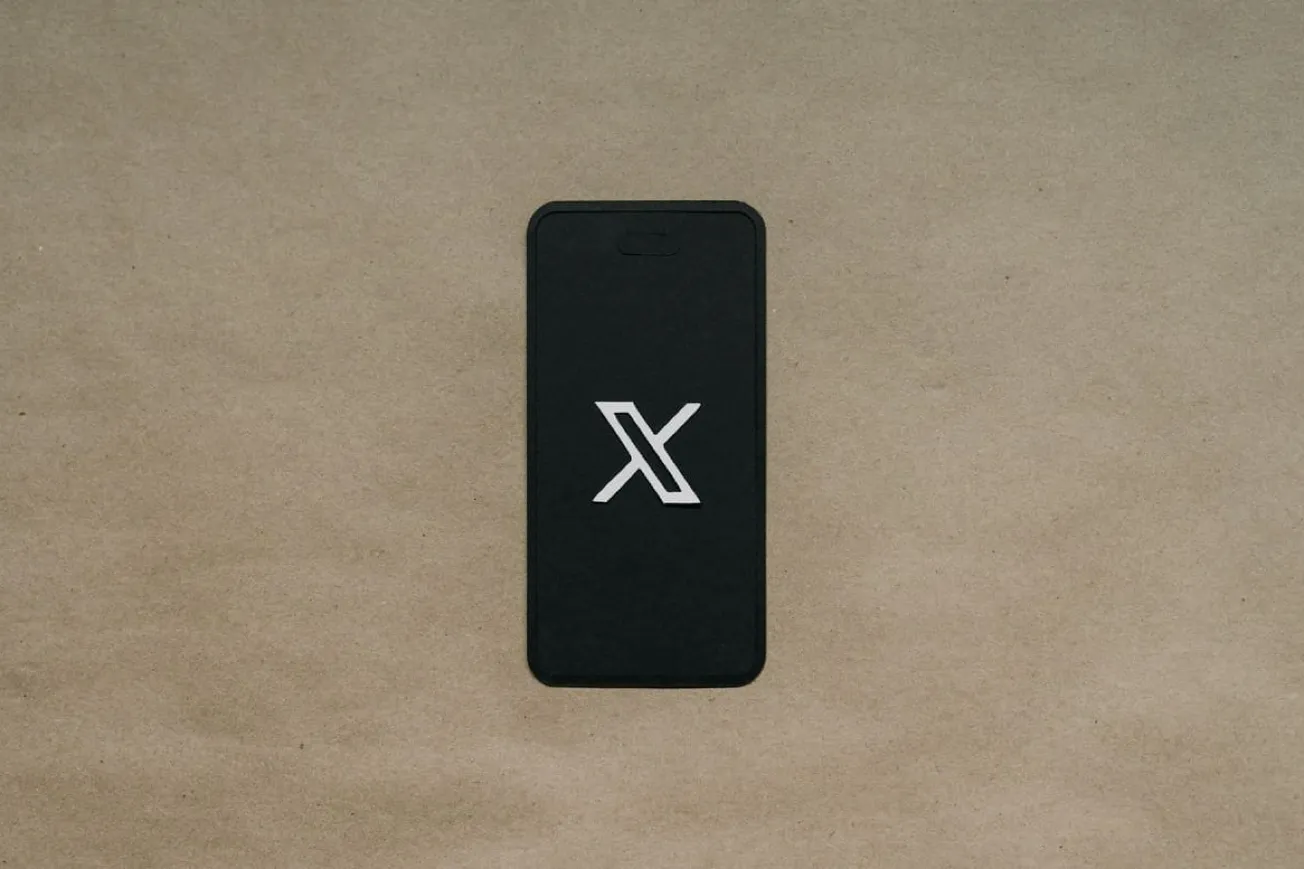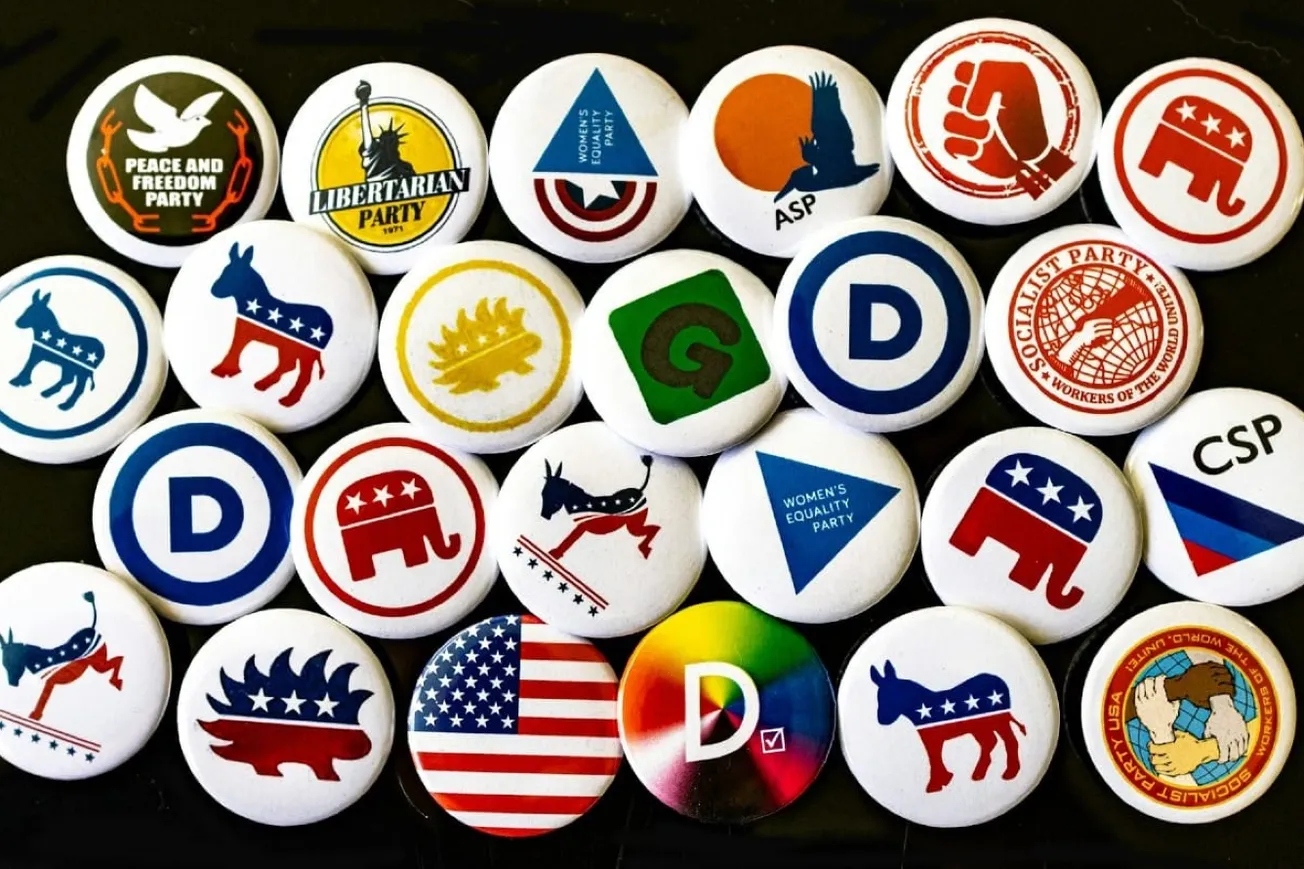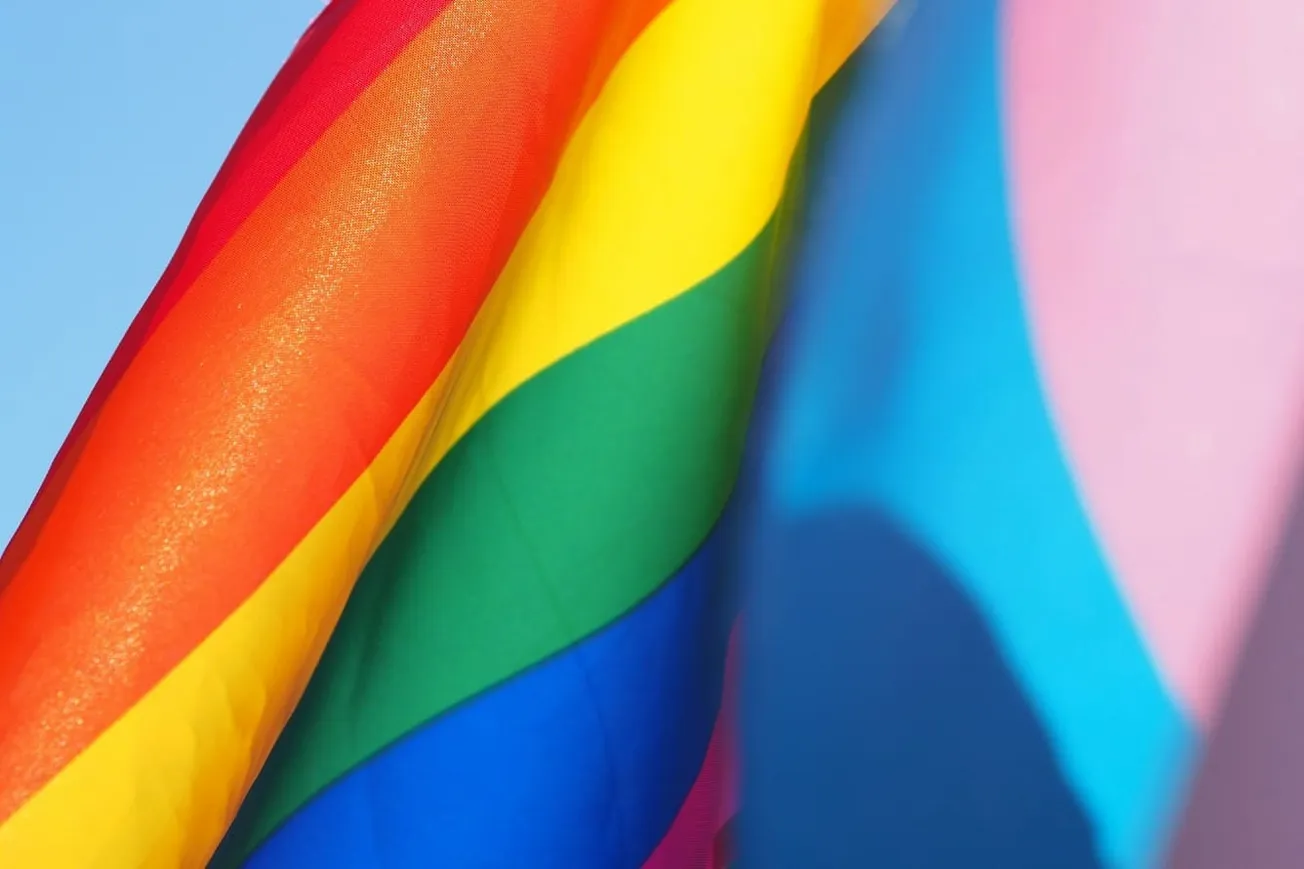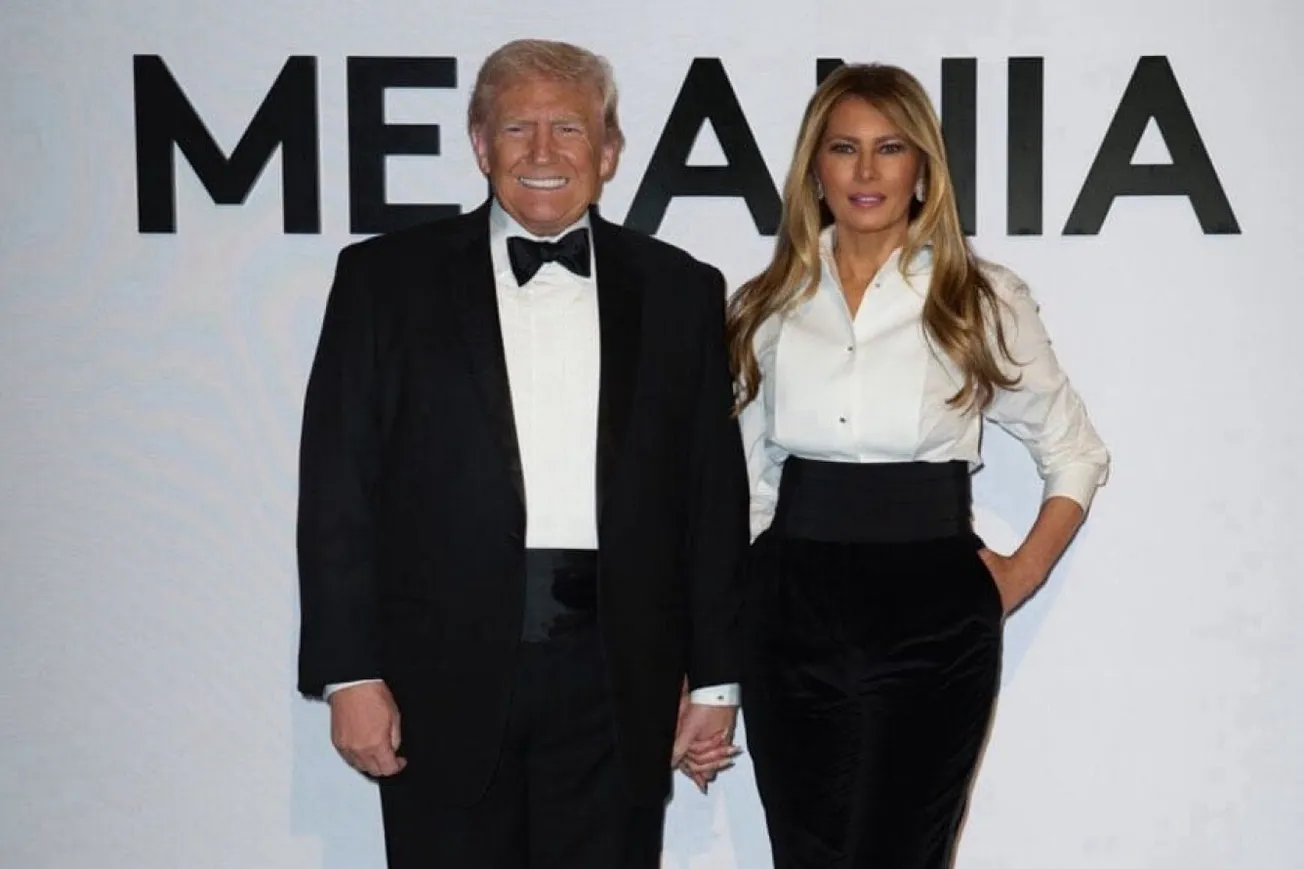By Katelynn Richardson, The Daily Caller News Foundation | March 17, 2024
Years of government takedown requests and meetings with social media platforms to discuss “misinformation” will culminate Monday in a case before the Supreme Court.
The case, Murthy v. Missouri, asks the justices to consider what a district court judge referenced as the Biden administration’s “Orwellian” efforts to suppress speech online. It stems from a lawsuit filed in 2022 by the attorneys general of Missouri and Louisiana, along with five individual plaintiffs whose own speech was censored on social media.
“Even if you have not been personally censored, you’ve been impacted by this censorship because the First Amendment exists, not just for the speaker, but also for the listener,” Dr. Aaron Kheriaty, one of three doctors who joined the case as a plaintiff, told the Daily Caller News Foundation. “It’s necessary in a democracy that people have access to both sides of a contested issue or a public debate.”
Records obtained by the plaintiffs in the course of the litigation highlighted explicit requests by the White House asking platforms to remove posts “ASAP” or take down an account “immediately” — along with demands using more colorful language.
“Are you guys fucking serious?” the White House emailed Facebook on July 15, 2021, the same day the White House and the surgeon general held a press conference calling for platforms to be held accountable for allowing the “poison” of misinformation to spread.
“I want an answer on what happened here and I want it today,” the email continued.
“After the White House’s escalation of pressure in July 2021, platforms responded by treating the CDC as the final authority on what could and could not be posted on their platforms,” the plaintiff’s breif filed with the Supreme Court notes, adding that platforms “capitulated to virtually all White House demands going forward.”
In July, a district court judge issued an injunction barring Biden administration officials in agencies from the Department of Health and Human Services (DHS) to the FBI from communicating with social media platforms for the purposes of censoring speech, writing that the allegations in the case involved arguably “the most massive attack against free speech in United States’ history.” The Fifth Circuit later affirmed a narrower version of the injunction.
The plaintiffs want the Supreme Court to uphold the injunction and find that the social media companies’ removal of content due to government pressure constitutes state action.
“The government’s job is to police the line between lawful and unlawful speech, not the line between true and false speech,” New Civil Liberties Alliance (NCLA) President Mark Chenoweth said in a statement. “Our Founding Fathers rightly did not trust the government to be the arbiter of truth. In fact, much of the speech the government suppressed in this case—about Covid-19 and Hunter Biden’s laptop—was truthful.”
‘Heavy Handed Tactics’
Censorship efforts challenged in the case expand beyond the White House.
Court records revealed the Center for Disease Control (CDC) flagged posts for platforms to remove and the Cybersecurity and Infrastructure Security Agency (CISA) engaged in “switchboarding,”which is sending misinformation flagged by state and local election officials to social media companies for removal.
CISA also directed the creation of the private-sector Election Integrity Partnership in 2020 to do censorship work the government could not do directly due to First Amendment concerns.
Additionally, agencies held regular industry meetings with platforms where they discussed concerns regarding misinformation and disinformation.
A few justices have already signaled their concern.
“Does the Government think that the First Amendment allows Executive Branch officials to engage in such conduct?” Justice Samuel Alito questioned in an October dissent joined by Justices Clarence Thomas and Neil Gorsuch.
He worried that the majority’s decision to pause the injunction while they considered the appeal could be perceived as offering a “green light” for the government’s continued use of “heavy handed tactics” to suppress speech.
The #AdministrativeState is pressuring social media platforms to censor Americans like @DrJBhattacharya for sharing different opinions from the gov't.
— New Civil Liberties Alliance (@NCLAlegal) March 13, 2024
This is a direct #freespeech violation & we look forward to defending our clients on 3/18 before #SCOTUS in Murthy v. Missouri! pic.twitter.com/EgNbxKxQDP
Kheriaty told the DCNF they were surprised to find just how much the government’s relationship with social media companies was an “egregious abuse of power.”
“Social media companies actually did try to push back in most instances, they did try to resist the government’s demands,” he said.
“All kinds of other issues got caught up in this censorship machinery, from abortion and gender ideology, domestic lightning rod issues, to issues related to foreign policy,” he said. “The breadth of the censorship was also shocking.”
Coercion Or Persuasion?
The administration has defended its actions through every stage of litigation by asserting its own rights to “use the bully pulpit to address matters of public concern.”
“Social-media users have a First Amendment right to be free from governmental restrictions on their speech, but they have no First Amendment right to post content on private platforms that the platforms would prefer not to host,” Solicitor General Elizabeth Prelogar argued in a brief. “And as in other contexts, public officials may seek to persuade the platforms to exercise their editorial discretion in particular ways even though the government could not compel them to do so.” (RELATED: Supreme Court Rules Gov Officials Can Block Constituents On Social Media In Certain Situations)
“I’m hoping the case draws attention to this issue and helps people understand the nature of the censorship industrial complex — and just how powerful it has become,” Kheriaty said. “The digital age makes it possible for the government to have massive reach over content that it never was able to exercise before in the age of print media.”
Original article link

